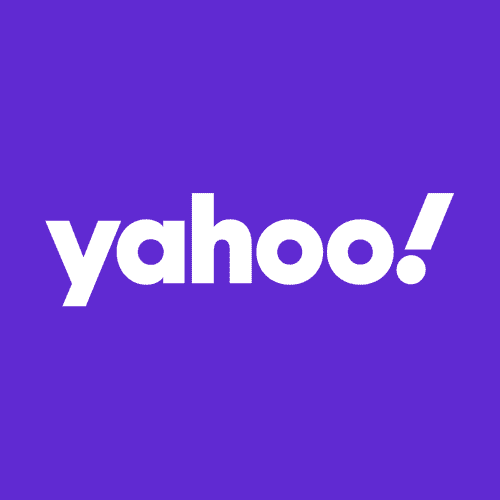
(Bloomberg Opinion) — Anybody nostalgic for the glory days of the tech industry, when WeWork’s valuation was seven times its current level or when Facebook Inc. wasn’t a “menace to society,” will feel at home in France. Not a day goes by without a new initiative from President Emmanuel Macron’s administration to create a Gallic startup nation worthy of Silicon Valley, in a country where the average blue-chip company is 100 years old. Visas, tax breaks and public funds — all are being put to work to build an ecosystem seen as vital for the economy. Yet the guiding hand of politicians feels like over-steering.The latest boondoggle dreamed up in the corridors of power is the Next40, a list of French tech firms that shows how confused even well-intentioned ideas can get. Designed as an obvious riff on the stock market’s benchmark CAC 40 — which contains such venerable companies as Air Liquide SA (est. 1902) and Compagnie de Saint-Gobain SA (est. 1665) — it assembles “high-potential” unlisted startups that are either valued at over 1 billion euros ($1.1 billion), among the top funding rounds of the last three years, or raking in over 5 million euros in annual revenue. These firms then get extra perks.They weren’t chosen by the government but by a jury of luminaries from venture capital, large corporations and state fund BPI (some of whom funded these firms). Yet the choices still seem political. Some of these “high-potential” companies have been around for years: Cloud provider OVH Groupe SAS was founded in 1999, while music-streaming service Deezer and BlaBlaCar, which started as a car-sharing app, were both founded in 2006. More of them are hitting billion-euro valuations, but some, like indie music distributor Believe Digital (founded in 2005), are not. Other names look decidedly out there: Ynsect, which turns bugs into animal feed, lost 15 million euros last year on revenue of 85,400 euros.The rewards for being on the list, which is backed by two government ministries, say far more about France than they do about foreign ecosystems it’s trying to emulate. The perks are all about keeping these firms in the national orbit: State support in selling products at home and abroad, a health-check from the national central bank, help in preparing an initial public offering, and more. This is unlikely to be enough to solve the bigger issue of French startups heading to the U.S. for a sale or IPO. A July report by former banker Philippe Tibi noted that Paris hasn’t had a billion-euro tech IPO since 1996. There are more buyers at higher prices in markets like New York.Viewed through the lens of Macron’s promises to lighten the regulatory load for French business and make the state less of an unpredictable meddler in the corporate world, Next40 isn’t all bad. It could be one way of avoiding internal government squabbles by making sure all cogs in the state machine help the interests of these 40 companies as much as those of their CAC 40 elders. Nicolas Colin, co-founder of startup accelerator The Family, reckons it could dent the lobbying power of national-champion firms (and their government backers) against new rivals making incursions on their patch.
But this feels like a solution to the wrong problem. If Macron’s aim is really to build a startup nation, it will take a bigger kind of bang — reforming the country’s siloed systems of higher education and research, or pushing for deeper integration of capital markets at the European level — to achieve it. So far, the results of top-down startup planning are mixed: In the first nine months of 2019, VC investment in France lagged the U.K. and Germany, according to Dealroom estimates.
Given the slowly-rumbling backlash against “le startupisme” and the rough performance of tech IPOs in the U.S., there’s probably not much time left to prove that French Tech hype is more than just political aspiration.
To contact the author of this story: Lionel Laurent at [email protected]
To contact the editor responsible for this story: Melissa Pozsgay at [email protected]
This column does not necessarily reflect the opinion of the editorial board or Bloomberg LP and its owners.
Lionel Laurent is a Bloomberg Opinion columnist covering Brussels. He previously worked at Reuters and Forbes.
<p class="canvas-atom canvas-text Mb(1.0em) Mb(0)–sm Mt(0.8em)–sm" type="text" content="For more articles like this, please visit us at bloomberg.com/opinion” data-reactid=”18″>For more articles like this, please visit us at bloomberg.com/opinion
©2019 Bloomberg L.P.










